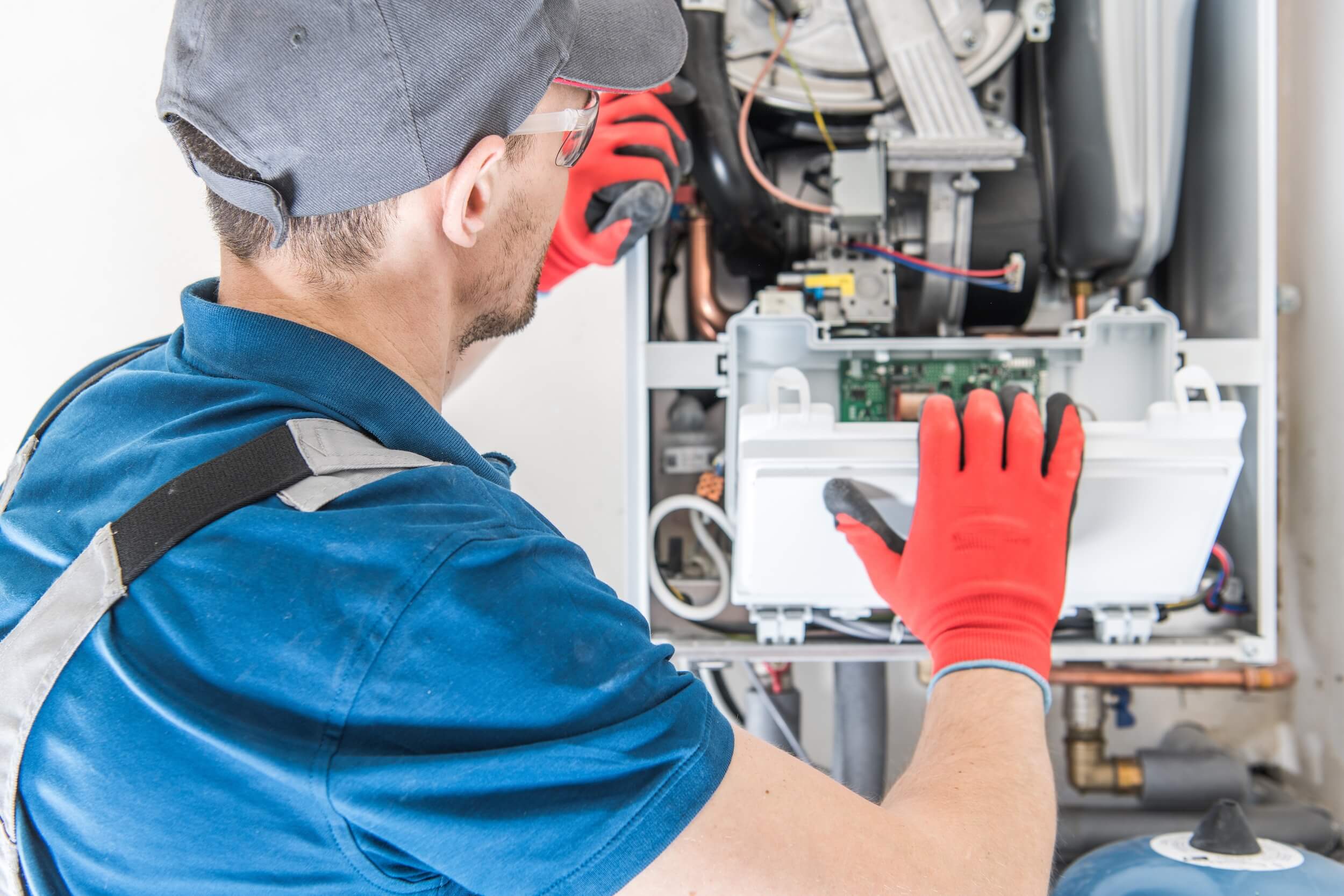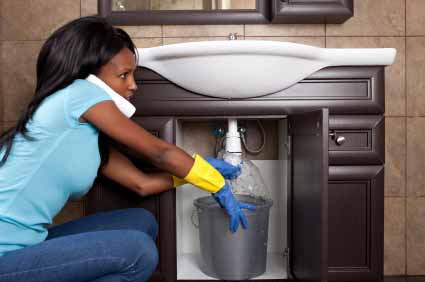Responding to the Frequently Arising Water Heater Urgent Problems
Responding to the Frequently Arising Water Heater Urgent Problems
Blog Article
Presented here in the next paragraph you can get additional helpful data in regards to The Importance of Water Heater Maintenance.

A hot water heater is one of the most crucial basic devices that can be located in a house. With hot water heater, you do not require to experience the stress of heating water by hand every single time there is a requirement to wash, wash, or the recipes. There is always a possibility that your water heating unit would act up as with a lot of mechanical tools.
It is essential to note any kind of little breakdown and tackle it swiftly prior to points leave hand. The majority of times, your hot water heater starts to malfunction when there is a build-up of debris as a result of continual usage. As a safety measure, regular flushing of your hot water heater is recommended to prevent debris buildup and also avoid useful failure.
Common water heater emergency situations and also exactly how to take care of them
Leaky water heater tank.
In this scenario, you ought to transform off your water heater, permit it to cool down, as well as carefully look for the source of the trouble. At times, all you require to do is to tighten a couple of screws or pipeline connections in cases of minor leakages. If this does not work and also the leak lingers, you could require to employ the services of a professional for a proper substitute.
Fluctuating water temperature.
Your hot water heater could begin generating water of various temperatures typically ice scalding or cool warm. In this situation, the first thing you do is to ensure that the temperature level is readied to the desired degree. If after doing this, the water temperature level keeps changing throughout showers or other tasks, you may have a defective thermostat. There might be a need to change either the thermostat or the heating system of your hot water heater.
Too little warm water
It may be that the water heater can not sustain the hot water need for your home. You could update your water heating unit to one with a larger ability.
Tarnished or odiferous water
When this takes place, you need to recognize if the problem is from the water or the container source. If there is no amusing smell when you run chilly water, after that you are specific that it is your water heating system that is malfunctioning. The odiferous water can be caused by corrosion or the accumulation of germs or debris in the water heating system tank.
Final thought
Some house owners ignore little warning and also minor faults in their water heater system. This just causes more damages and also a feasible full breakdown of your appliance. You should deal with your hot water heater mistakes as quickly as they come up to stay clear of more expenditures and also unneeded emergency troubles.
With water heaters, you do not need to go via the anxiety of home heating water manually every time there is a need to take a bathroom, do the washing, or the dishes. Your water heater can start generating water of different temperature levels normally ice scalding or cool warm. It may be that the water heating unit can't support the warm water demand for your apartment or condo. If there is no funny odor when you run cool water, then you are specific that it is your water heating system that is defective. The odiferous water can be triggered by rust or the buildup of bacteria or sediments in the water heating unit container.
Water Heater Burst: Why This Happens And What To Do Next
Water Heater Explosion Warning Signs
Since storage water heaters are made of metal and store large volumes of heated water, they carry an increased risk of leaking or even exploding as they begin to rust at the fittings and seams over time. If the thermostat controlling the water temperature within the tank is faulty, or if mineral buildup inside the water heater prevents the thermostat from sensing the water’s temperature correctly, the water could become overheated. This will expand its volume within the tank, causing it to press at the tank’s fittings and seams. If these fittings and seams are rusted or corroded, the pressure could result in a leak or even an explosion.
Here are some risk factors and warning signs of an increased risk of water heater leak or explosion:
Your water heater is more than 10 years old. Your water heater makes clanking, banging or rumbling noises as it heats up, indicating that sediment has built up and hardened inside the tank. There is visible rust on the outside of the water heater, especially located at the pipe fittings or the seams that run down the tank. There is rusty water coming from your water heater, indicating that there may be rust building up inside. Your water heater is leaking, which could indicate either a crack somewhere in the tank or a malfunctioning temperature-and-pressure (T&P) relief valve. What To Do When Water Heater Leaks
If you find water dripping or seeping out of your water heater, or pooling around it, it means your water heater is leaking. If you find a leak, it may be best to call a plumbing professional to diagnose the problem and determine how best to handle it. If you choose to tackle it on your own, there are a few things you can do.
TURN OFF THE POWER
Next, shut off the power to the hot water tank at your home’s electrical breaker box. If you don’t shut off the power, the heating elements within the tank could continue to stay hot, which could pose a fire risk.
If you have a gas-powered water heater, you’ll also need to shut off the gas line leading into the tank.
FIND THE LEAK
Now it’s time to determine where the leak is coming from. Likely locations are the T&P valve, the drain valve or one of the pipes or fittings that feed into the top of the tank. If you see any rust or corrosion on the outside of your water heater’s tank, pipes or fittings, these could also be the source of the leak.
REPAIR THE LEAK
Once you determine the source of your water heater leak, you’ll have a better idea of what steps you need to take to fix the problem. It may be a simple fix—such as using a wrench to tighten fittings or replacing the T&P valve—but it may be something more complicated. You may even need to drain the tank, remove the water heater and install a new one.
https://www.abchomeandcommercial.com/blog/water-heater-burst/

I hope you enjoyed reading our part on Is Your Water Heater Leaking?. Thank you for finding the time to read our blog post. Don't hesitate to take the opportunity to distribute this blog post if you liked it. I praise you for your time. Kindly stop by our website back soon.
Resolve today, call! Report this page